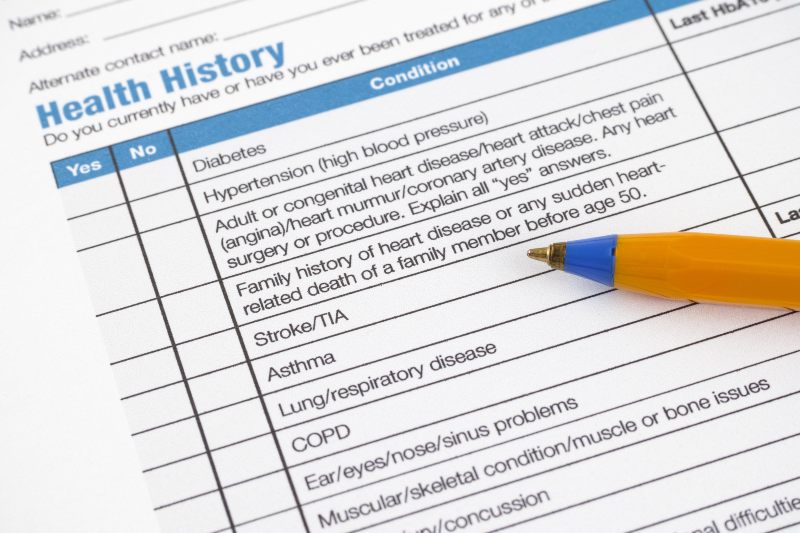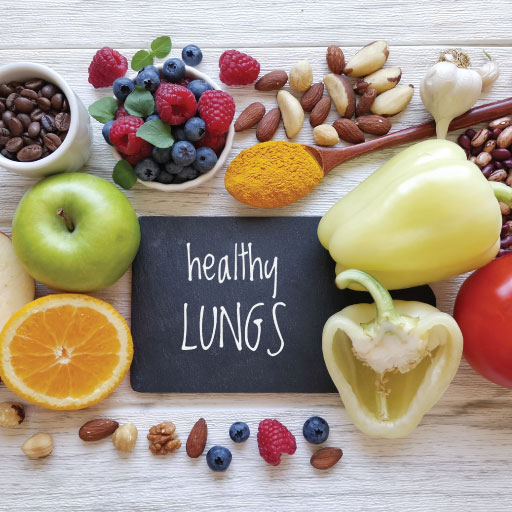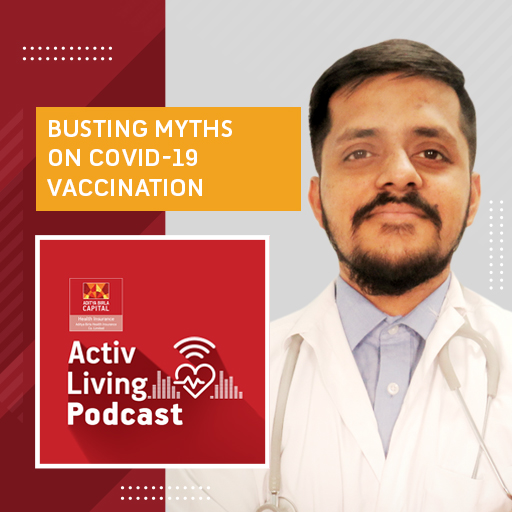With the COVID-19 vaccine drive underway, one word is being heard a lot – comorbidities. Aside from it being hard to pronounce, not many people are familiar with what comorbidities means.
Here’s What You Should Know:
- What are Comorbidities?
- How are Comorbidities Related to COVID-19?
- What can You do About Comorbidities?
What are Comorbidities?

A comorbidity is a health condition that exists along with a primary health condition. For example, a person might have type-2 diabetes and then develops high cholesterol. High cholesterol is a comorbidity with diabetes. You could have more than one comorbidity, for example, diabetes, cholesterol, and hypertension. Typically, comorbidities tend to co-exist and one might cause the other. Hypothyroidism for example can result in obesity and the two become comorbid conditions. Mental health problems like depression and anxiety, bipolar disorder and paranoia, etc. are also considered comorbidities.
How are Comorbidities Related to COVID-19?

One of the main reasons everyone is talking about comorbidities is because those above 45 years, who have comorbidities are among the first groups of vaccine recipients. The reason for this is because studies done during the pandemic have found that people with more than one underlying condition were at a higher risk of infection from COVID-19. They are also at a higher risk of the infection spreading faster and symptoms being more intense.
Conditions like hypertension, diabetes, obesity, thyroid problems, and so on, also weaken the immune system. With the body unable to fight off the coronavirus, these conditions make those individuals more vulnerable to the disease. All these factors make it extremely important for people with comorbidities to receive the COVID-19 vaccine as soon as possible so that they have added protection. There is a good possibility that their bodies will need more time to develop a strong immune response which is why people with comorbidities should give themselves enough time after the vaccine before stepping out and resuming normal life.
Here is the list of comorbidities that can put you at high-risk of COVID-19:
- Heart disease
- Kidney disease
- Cancer
- Diabetes – types 1 and 2
- Hypertension
- Hyper/hypothyroidism
- Asthma
- Cystic fibrosis
- Dementia
If you have two or more of these conditions and are above 45 years of age, you can get a doctor’s certificate and register for the COVID-19 vaccines.
What can You do About Comorbidities?

Comorbidities, as you can see, tend to be lifestyle conditions. Most of these conditions can be kept under control with medication and the right diet and exercise routine. During the pandemic it is more important than ever to ensure that you or your loved ones are doing everything possible to keep yourselves healthy and your comorbidities under control.
We have numerous resources on the Activ Living Blog to assist you in your health journey. Find healthy recipes, effective workout routines, and even health tools all in one place for a well-rounded approach to wellness.





 1800-270-7000
1800-270-7000











